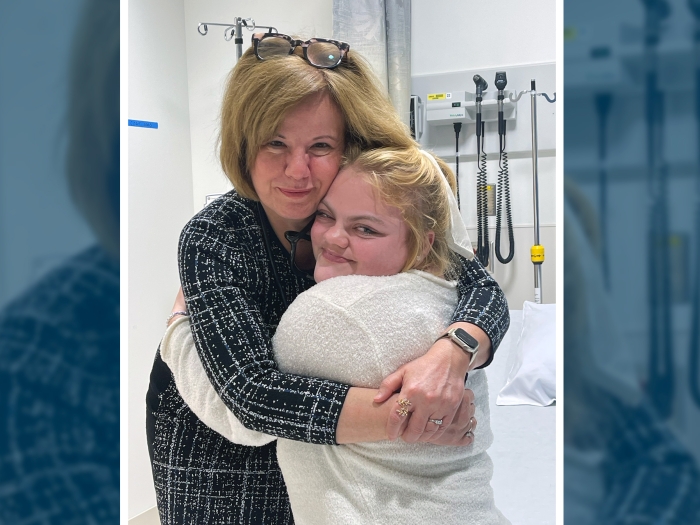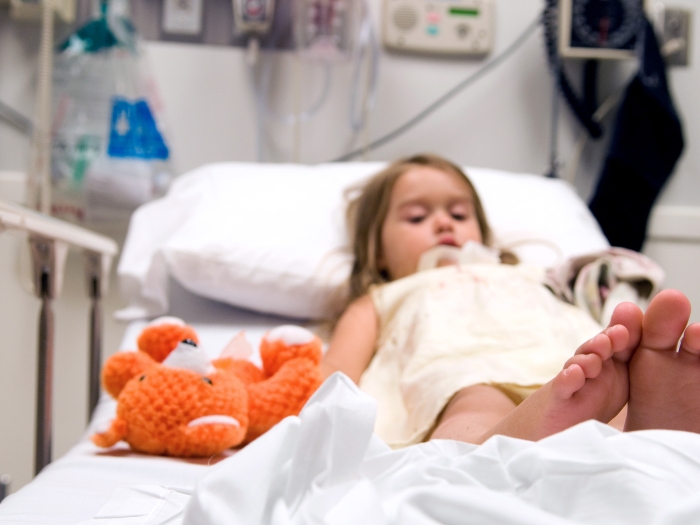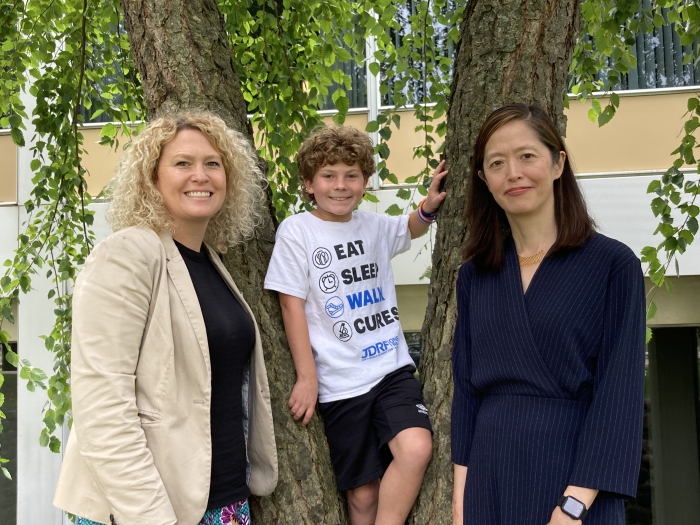Roy handles communications for several departments across Michigan Medicine, including Kellogg Eye Center, nephrology, Survival Flight/emergency medicine, diabetes/endocrinology, allergy/dermatology, and women’s and children’s. She was previously a journalist and a state government staffer in Rhode Island and Michigan. Contact: [email protected]; Twitter: @Tessa_Roy


Health Lab
Experts at Rogel Cancer Center develop and study the impact of a new drug for salivary gland cancers

Health Lab
Prostate cancer is highly treatable and over 98% of men survive 10 years if the cancer is diagnosed and treated early.

Health Lab
Experts observed in a new study that injection of the most popular type of dermal filler, cross-linked hyaluronic acid, into photoaged skin could reverse the dermal changes associated with photoaging.

Health Lab
Research from Michigan Medicine experts is shedding light and potentially expanding options for patients living with an aggressive childhood cancer.

Health Lab
Mallory Mattison serves as the inspiration behind critical medical research that’s supporting other patients like her with lipodystrophy syndromes

Health Lab
Focusing on the ‘tripledemic’ of RSV, flu and COVID-19 infections that occurred last year, their results underscore the importance of all types of hospital emergency departments being prepared to care for sick children, especially when health systems become strained.

Health Lab
Living with diabetes at such a young age comes with challenges, but those challenges have inspired Jackson, now 8 years old, to come up with ways for people like him to live a little easier with a new device called "SensePod".

Health Lab
Research published from experts at Michigan Medicine, the University of Pittsburgh School of Medicine, and UPMC Children’s Hospital of Pittsburgh shows that children in daycare centers were not significant spreaders of COVID-19

Health Lab
Research from experts at Michigan Medicine is highlighting the potential for additional at-home assistance for partners of those who are treated in the emergency department for a sexually transmitted infection.

Health Lab
University of Michigan Health Rogel Cancer Center scientists have found a potential solution for preventing a common and dangerous complication in patients that receive stem cell transplants from a donor’s blood or bone marrow.

Health Lab
A gene sequencing method called ribosome profiling has expanded our understanding of the human genome by identifying previously unknown protein coding regions. Also known as Ribo-seq, this method allows researchers to get a high-resolution snapshot of protein production in cells.

Health Lab
A teenage patient’s unique way of detailing his experience with Crohn’s disease.

Health Lab
Research from experts at Michigan Medicine shows that significant language-based disparities exist in patients’ access to cancer care services, and it’s well before their first appointment with a doctor.

Health Lab
A Michigan Medicine explains a dangerous TikTok trend about Borax

Health Lab
Research from experts at Michigan Medicine, the Children’s Hospital of Philadelphia and Penn Medicine is breaking ground on new ways of treating blood disorders, such as sickle cell anemia, through gene therapy.